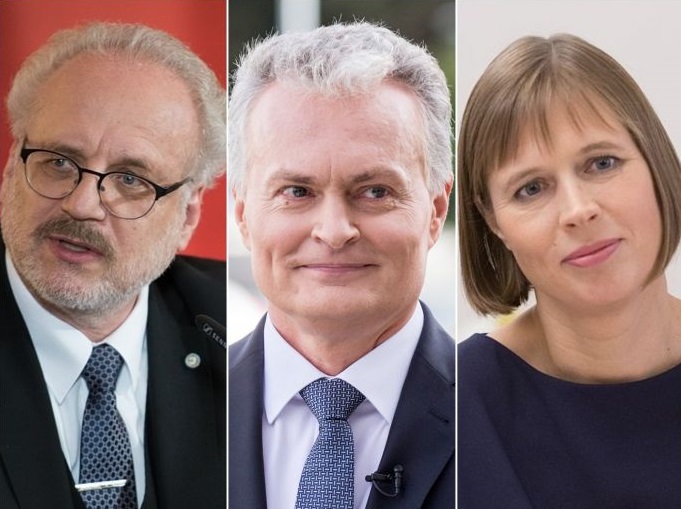BY VIKTORS DOMBURS
The members of the European Council held a video conference on 19 August. They discussed the situation which unfolded in the aftermath of the presidential elections in Belarus on 9 August.
The EU calls on the Belarusian authorities to find a way out of the crisis through an end to violence, de-escalation, and an inclusive national dialogue. „Only a peaceful and democratic process, underpinned by independent and free media and a strong civil society, can provide sustainable solutions. All parties, including third states, should support such a process,” said Charles Michel, President of the European Council.
Undoubtedly, the EU will continue to follow the situation closely. It should be said that EU member states see further cooperation with this country differently. Some of them are ready to break off any relations with Belarus, the others urge not to make hasty decisions.
The difference in assessment of the situation and intentions is especially noticeable among the Baltic states. The toughest position was expressed by the Lithuanian authorities. Vilnius even uses the shaken stability of Belarus calling to put an EU-wide embargo on electricity from the Astravyets nuclear power plant. It is known that this issue has been remaining a stumbling block for the Baltic states for a long time. In particular, Latvia and Estonia do not exclude the purchase of electricity from Belarus in the future. Lithuania has the toughest positions towards Belarus authorities among the Baltic countries. It expresses readiness to sacrifice economic benefits from the cooperation with Belarus for the sake of the chosen political course. Latvia and Estonia in turn are more careful in statements and actions.
Future of Belarus “will not be decided in Moscow or Paris or in Riga, it will be decided in Minsk, Gomel, Brest. We simply have to do everything, perhaps also in cooperation with Russia, if it is prepared to engage constructively,” said Edgars Rinkēvičs, Latvian Foreign Minister. The minister also underlined, that recognition of Svetlana Tihanovskaya as the winner of the Belarusian presidential election would be problematic both legally and politically. Though Rinkēvičs expressed strong support from Latvia for a change in Belarus, it is obvious that the country does not intend to abandon successful economic cooperation against the background of the political crisis in the neighboring country.
In 2019 year export of services to Latvia amounted to 188.2 million dollars (129.6 percent growth), imports – 64.5 million dollars (114.1 percent) and the balance is positive – plus 123.7 million dollars. The total export volume is dominated by transport, business, computer, telecommunications and tourism services.
In January-June 2019 year export of services amounted to 164 million dollars (87.1 percent), import – 78.5 million dollars (121.8 percent), balance – plus 85.5 million dollars.
In the 2019 year from Latvia to the Belarusian economy were attracted investments in the amount of 90.9 million (84.6 percent compared to 2018 year) including direct investments 75.8 million dollars (92.3 percent).
There are 592 enterprises with Latvian capital in Belarus. Latvian investors are interested in implementing projects in the fields of trade, services, woodworking, pharmaceuticals, food production.
Significant potential for the development of bilateral cooperation exists in the service sector, especially in the information and communication technology industry which has demonstrated steady growth and positive dynamics of mutual trade over the past years.
The more so, Latvia even could benefit from the its balanced political position towards Belarus. In case Lithuania refuses to cooperate with Belarus authorities, Latvia may take advantage of the cooling relations between Minsk and Vilnius. This could result in greater use of Latvian ports by Belarusian companies and reorientation of Belarusian goods.
Though Latvia stands ready to contribute to efforts to peacefully end the crisis in Belarus, it wisely refrains from unnecessary interference in the internal affairs of a neighboring country.






